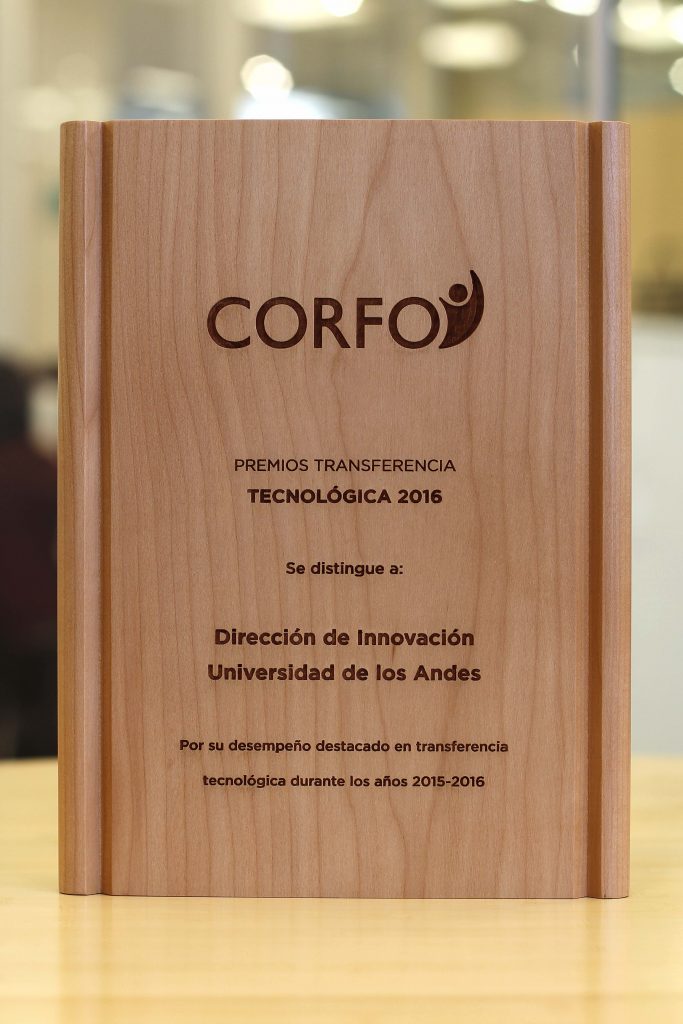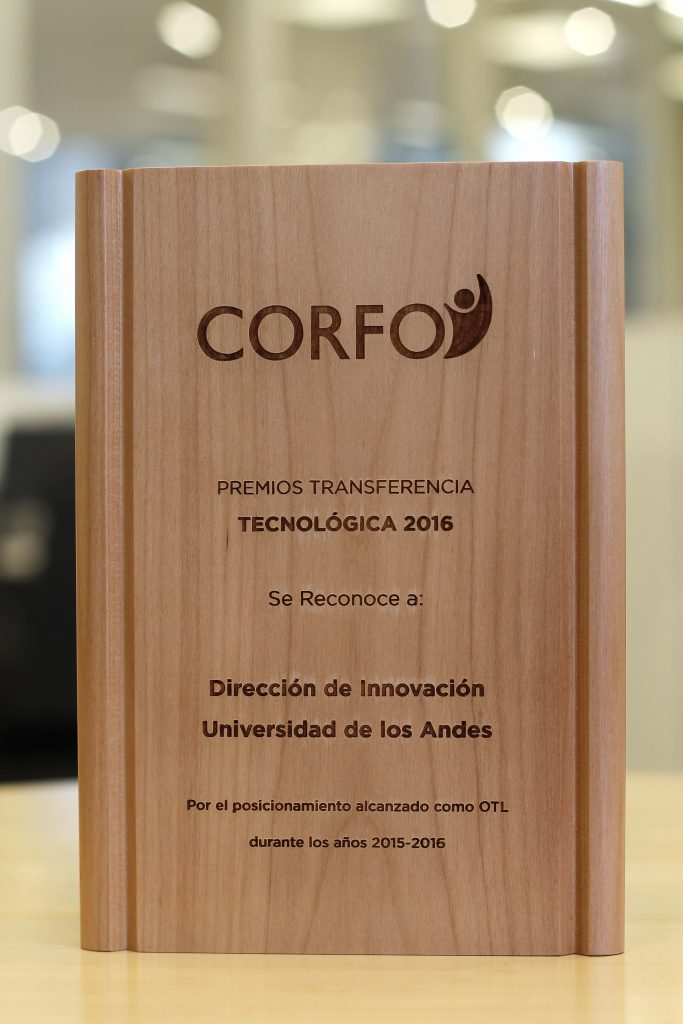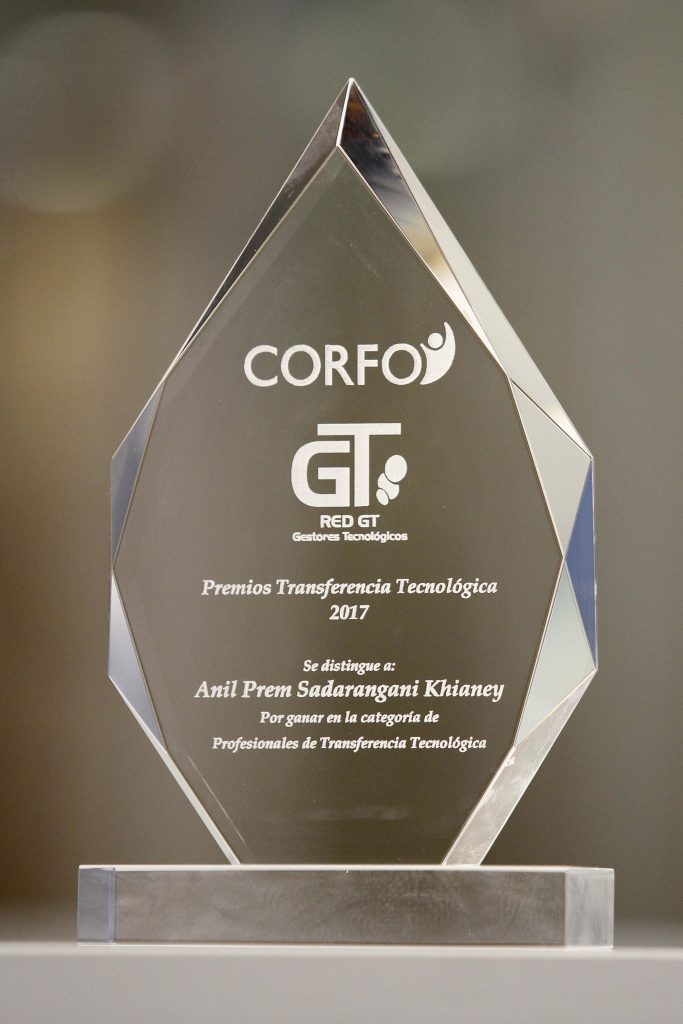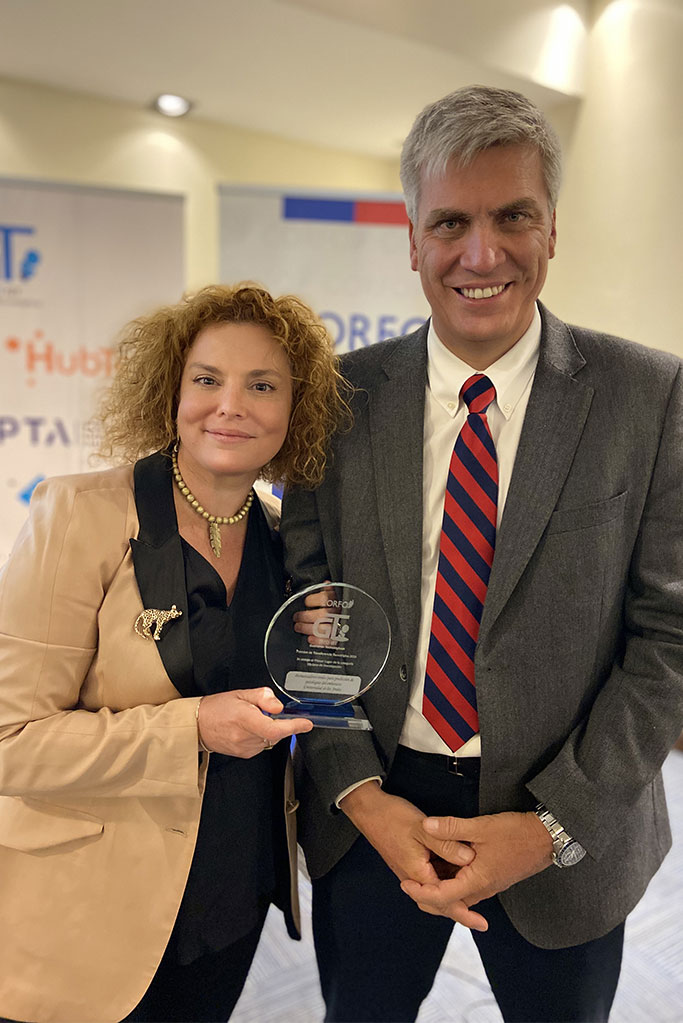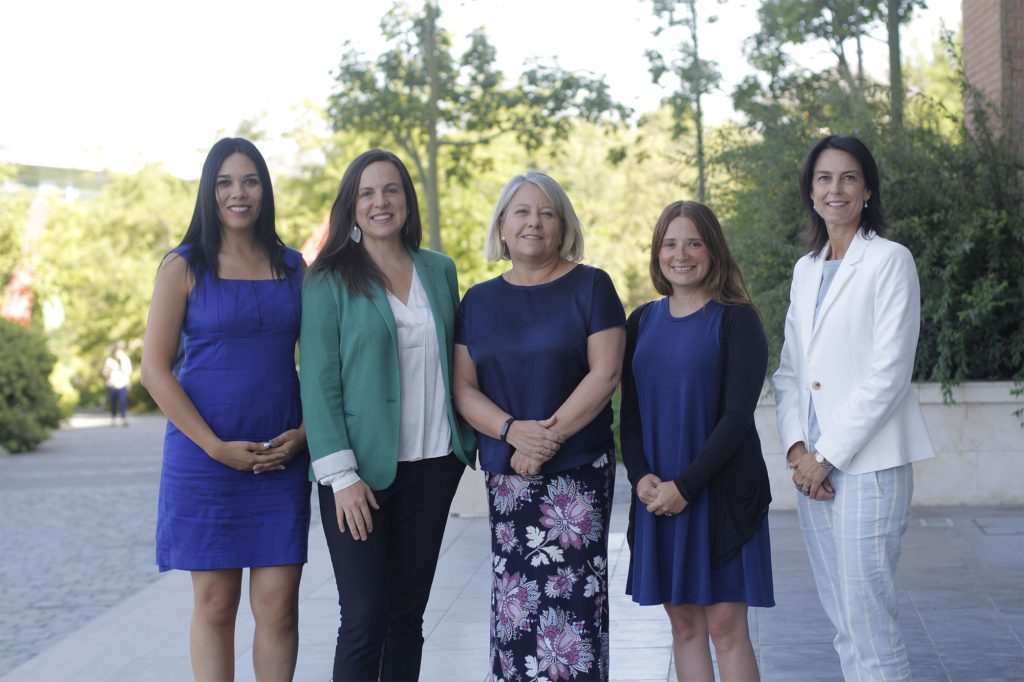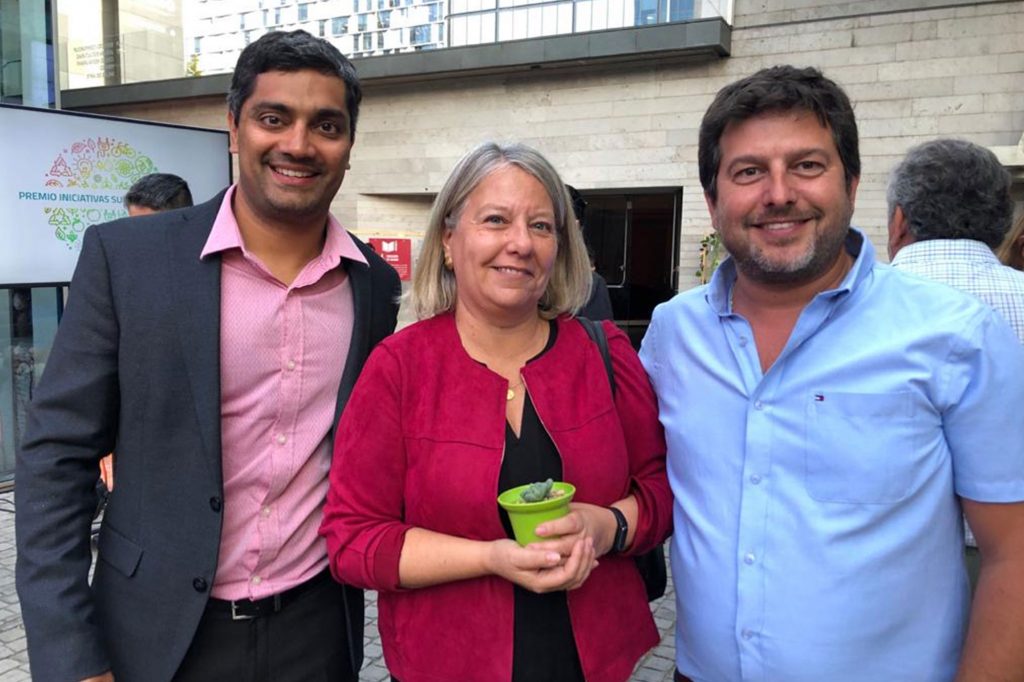Success Cases
Our aim is to become a complex university, which means being present in all areas of knowledge, offering undergradute, postgraduate, and continuous education programs, and focusing on research, thus contributing to society. This also includes building networks that link researchers with the private sector.
Our success stories guarantee that we are doing well. Since 2010, we have obtained over $27,900 million in grants and from private funds, positioning the University as the first non-traditional study house with the highest number of awarded grants.
Our success cases are:
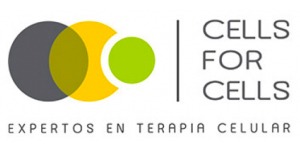
More
Cells for Cells S.A. is a company dedicated to the research, development and commercialization of innovative cellular therapies. They produce and commercialize the therapies for their successful application in regenerative therapy.
www.c4c.cl
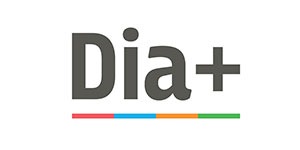
More
Dia+ is a technological platform for the individual, self-applied assessment of reading skills and mathematical competence from kindergraten to fourth grade. Dialect (R) is used for the diagnosis of early reading skills, whilde Diamat (R) seeks to measure mathematical competence. both tests provide inmediate feedback with analysis of the performance of the students assessed and suggestions on how to strengthen weaker areas. Thus, the teacher is given the necessary information to formulate a specific action or intervention plan to address those areas in which the children need greater support.
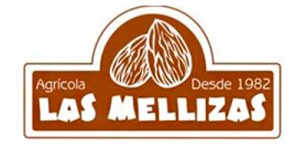
More
Agrícolas Las Mellizas is a low cost almond grading machine, which, through a camera, is able to detect and select this fruit at high speed. It has differentiating features, such as the autonomous calibration system, the optical distance estimator and the 3D object detector, offering a greater selection capacity.

More
R.A.D.A.R. is a program for the early detection of suicidal risk. It is being developed and implemented in Aysén region. The method was created by doctors and nurses of Universidad de los Andes and the project is directed by Dr. Francisco Bustamante, who was contacted in 2009 by the community of Puerto Aysén following the death of an eighth-grade student. This initiative, unprecedented locally and internationally, also constitutes a low-cost tool that can be extrapolated to other regions and incorporated into the country’s public policies.

More
Patricio Carrasco and Carolina Inostroza, researchers from Universidad de los Andes’ Faculty of Dentistry, created a technology and methodology for the extraction of human dental tissues from a tooth, without destroying it. The tissue can be analyzed genetically for human identification, estimation of death data and for toxicological examinations.
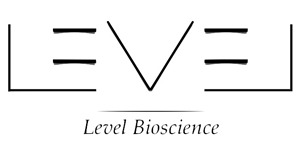
More
Developed at Universidad de los Andes by the dentist and the Faculty of Dentistry professor, Dr. David Rosenberg (PhD), an application that aims to complement the current preventive and therapeutic strategies used to combat periodontitis, a frequent oral affectation that damages the gums and maxillary bone, and that can even generate the loss of teeth. The method controls certain immune response activators against the presense of specific pathogens.
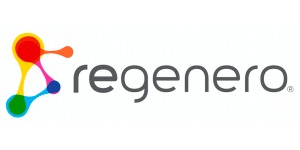
More
It was the University’s third spin-off and it is focused on developing cellular therapies for degenerative diseases that have high economic and social impact, such as chronic kidney disease, diabetes mellitus, among others.
The general objective of the Corfo project Consorcio Regenero is to develop the cell therapy industry in Chile and develop new products and world-class cellular therapies through the strengthening of national research and development capacities, the creation of a translational medicine plateform and the promotion of a local regulary framework, in order to provide therapeutic alternatives with high commercialization potential for the treatment of degenerative diseases.
Cells for Cells S.A., Clínica Dávila and Universidad de los Andes form part of this consortium. Through them, Regenero seeks to become a platform, based on proofs-of-concept research, preclinical reserach, productive development, use of laboratories with GMP (Good Manufacture Practices) certification and a translational network for the development of clinical studies.
Regenero focuses on developing allogeneic cell therapies (one donor for multiple therapies) since this allos the creation of therapie ready for use (off the shelf), in other words, exportable to global markets. The diseases that have been slected are cutaneous ulcers, systemic lupus erythematosus, chronic kidney disease and diabtees mellitus.
Manual for the Standardization of Clinical Studies in Chile: From conception to publication. Download here.
Results
6 years of results guarantee our work:
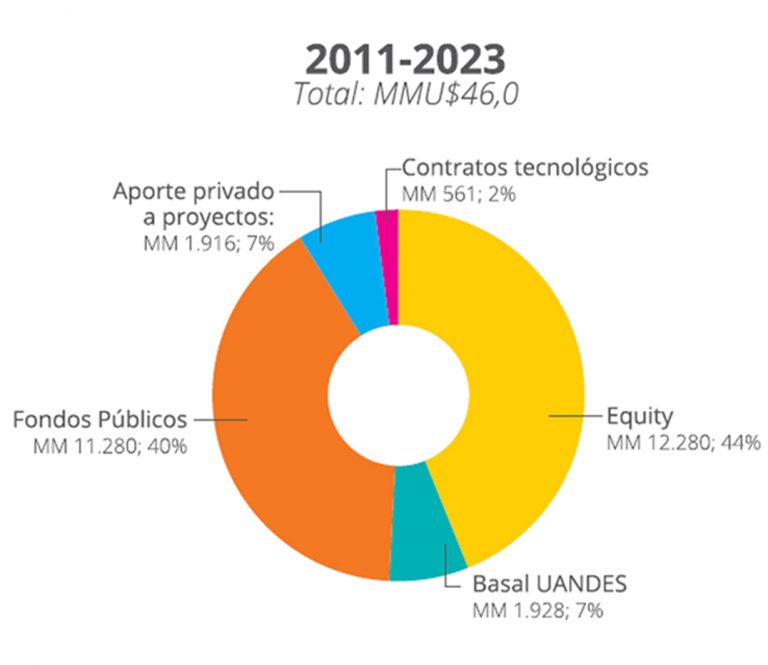
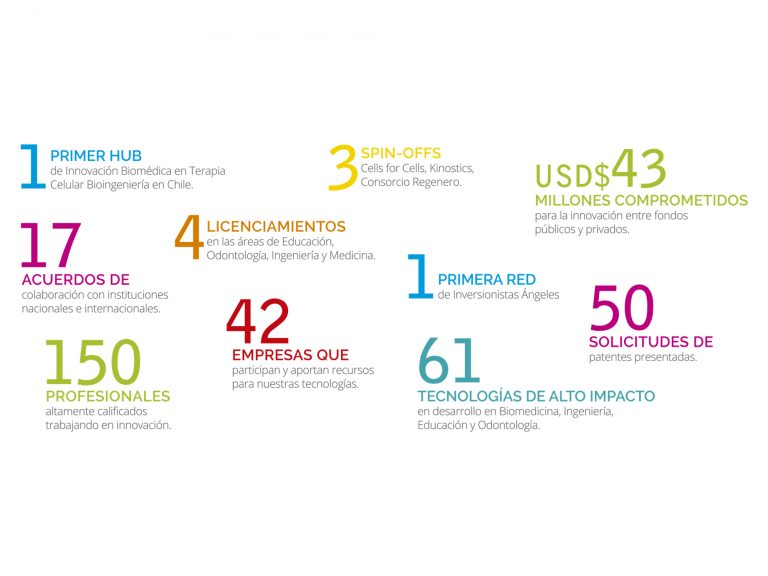

Awards
The Universidad de los Andes Innovation Department and Technology Transfer Office (TTO) was recognized by the Corporation for the Promotion of Production (CORFO).
